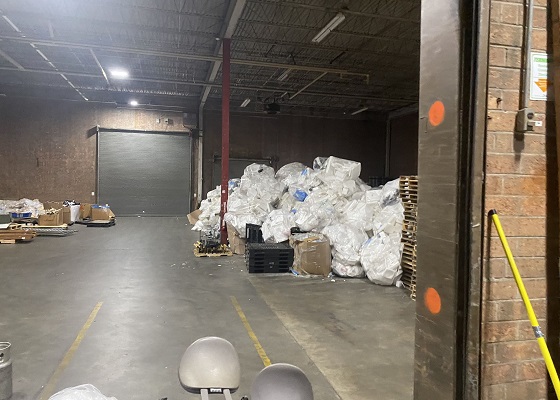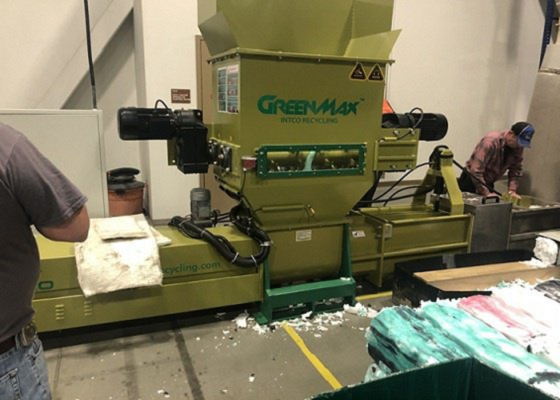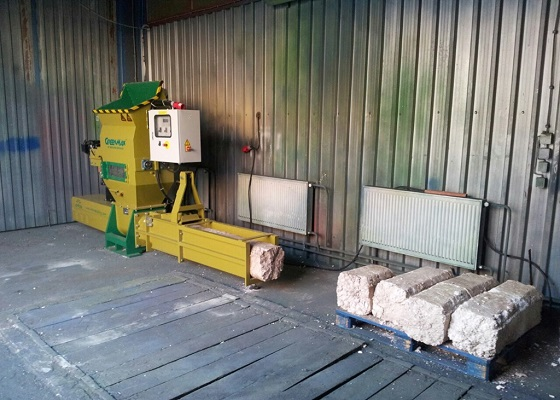A series of recycling problems in GLEN ROCK, NJ will be avoided with a foam compactor
One of the most recent shocking incidents has to do with polystyrene foam recycling. In GLEN ROCK, NJ, when staff at a local drop-off location informed a recycler that polystyrene foam was not accepted, the recycler threw the plastic foam and stormed off in a fury. Borough Police Chief Dean Ackerman said that a 69-year-old man acted aggressively after learning that polystyrene foam could not be recycled. He not only insulted employees but also discarded foam. Police spotted the man on Pinelynn Road hours later and issued him a citation for illegally dumping rubbish.

This incident sounds absurd, but it is actually worth noting that some areas have not yet reached a certain level of recycling, they refuse to recycle polystyrene foam, which brings great inconvenience to recycling activities. Polystyrene foam is a very common type of plastic packaging, both in life and in industrial production, and has been widely used in various industries, so it can be estimated how much used foam packaging needs to be recycled. We do not agree to use rough behavior to face the gap in the recycling field, but GREENMAX hopes that polystyrene foam can be recycled smoothly all over the country.

In fact, a foam compactor can solve this problem well. There are not a few recycling stations that are currently using recycling equipment to facilitate recycling. Especially the recycling equipment of the GREENMAX foam compactor Zeus series mainly adopts cold pressing technology, which is not only energy-saving and environmentally friendly, but also can recycle a variety of foam wastes, so that one machine can be used for multiple purposes, especially suitable for industries such as recycling stations where various types of foam are mixed together (more than polystyrene foam). The compression ratio of the GREENMAX foam compactor Zeus series is the same as that of the Apolo series at 50:1. The advantage of the Zeus series is that it can better recycle niche foam such as Polyethylene Foam. The surface of the blocs is heated by the heat transfer at the outlet, making the blocs more compact. This is one of the main reasons why the Zeus series is more reliable.

If you are in an industry that only produces polystyrene foam waste, you may also consider the foam compactor Apolo range, this machine handles both dry and wet polystyrene foam very well.
If every recycling station and related industries can have such a machine, then more foam will be recycled to achieve environmental protection and resource reuse.
